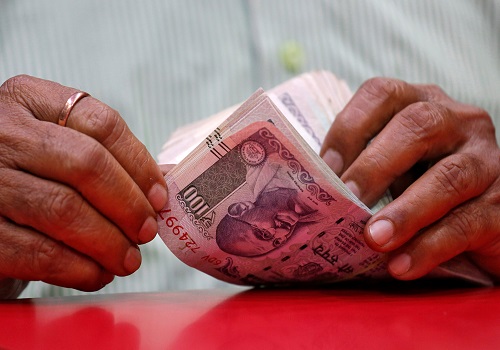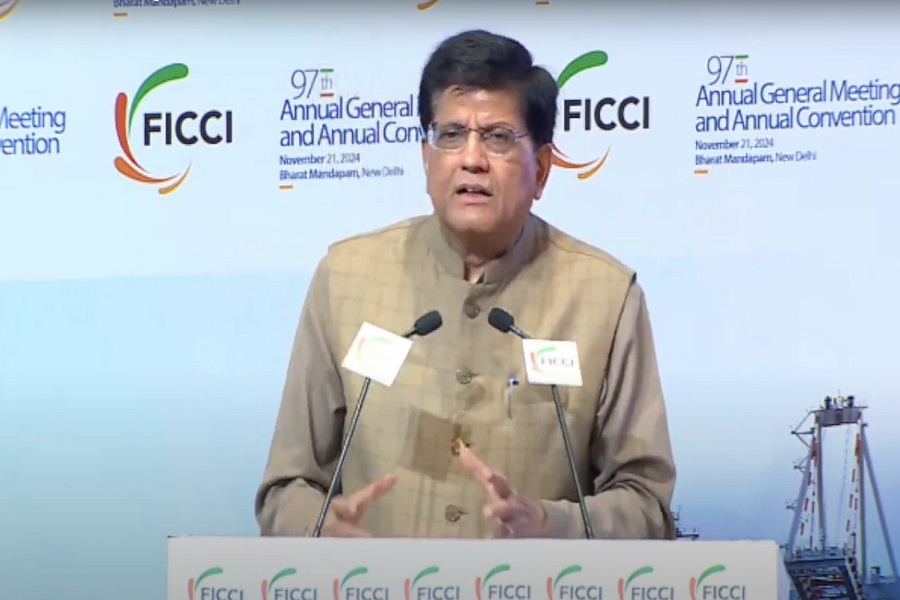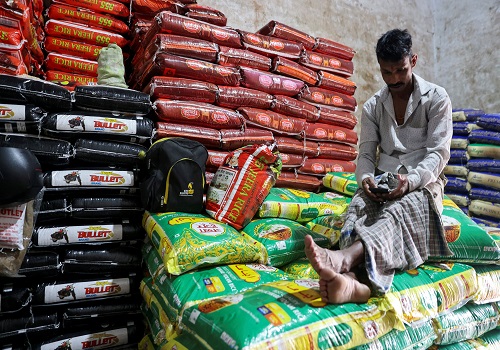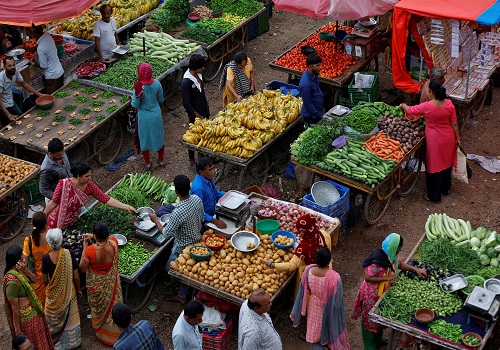India Aims to Tame Wheat Prices: Sells 3 Million Tonnes and Targets 10 Million by March 2024 By Amit Gupta, Kedia Advisory
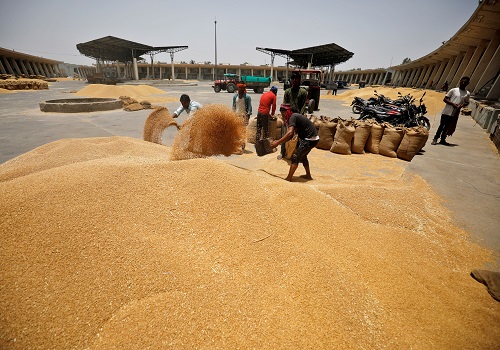
Follow us Now on Telegram ! Get daily 10 - 12 important updates on Business, Finance and Investment. Join our Telegram Channel
India's strategic efforts to stabilize wheat prices involve the sale of 3 million tonnes in the open market, with a goal of selling a total of 10 million tonnes by March 2024. This proactive approach, executed through auctions and higher allocations, has successfully curbed the rise in wheat prices. The government has also raised the minimum support price (MSP) to ?2,275 for the next rabi marketing season and implemented measures to prevent hoarding, such as limiting participation to processors and conducting inspections on successful bidders.
Highlights
Wheat Sales in the Open Market: India has sold 2.88 lakh tonnes of wheat through an auction on November 1, accounting for 96% of the total quantity offered for sales to processors. The government aims to sell a total of 10 million tonnes (mt) by March 2024.
Impact on Wheat Prices: The weighted average selling price of wheat was ?2,310/quintal, remaining consistent with the previous week. This stability in prices is a result of higher allocations for the auction.
Price Variation Based on Quality: Different varieties of wheat were sold at varying prices. The Fair Average Quality (FAQ) wheat sold at an average price of ?2,291.15, while the Under Relaxed Specifications (URS) variety sold at an average price of ?2,311.62.
Government Measures to Control Prices: The government plans to continue the sale of wheat through the Open Market Sale Scheme (OMSS) until March 31, 2024, with an aim to offload a total of 101.5 million tonnes. In response to the challenge of containing prices after the new Minimum Support Price (MSP) announcement, the government has taken steps to limit trader participation in auctions and increased the bidder cap to 200 tonnes to ensure higher availability.
Preventing Hoarding and Ensuring Transparency: The government has conducted 1,721 inspections across the country to prevent stockpiling and has introduced measures such as verifying the last three months of electricity bills for processing plants before releasing orders to successful bidders.
Market Challenges and MSP Impact: The market faces challenges in containing wheat prices, especially after the announcement of the new MSP. This signals a potential price increase, prompting concerns among flour millers.
MSP Increase for Next Season: The Minimum Support Price (MSP) for wheat in the upcoming marketing season (April-March) has been increased to ?2,275 from ?2,125, adding to the complexity of price control measures.
Conclusion
In conclusion, India's proactive measures in the wheat market demonstrate its commitment to ensuring food security and price stability. The successful sale of 3 million tonnes in the open market, coupled with a robust plan to sell 10 million tonnes by March 2024, reflects the government's dedication to keeping wheat prices under control. The adjustment of the minimum support price (MSP) to ?2,275 for the upcoming marketing season signals a comprehensive approach to managing agricultural commodities. Furthermore, restrictions on traders' participation and increased quantitative caps for processors enhance market transparency. The ongoing inspections of successful bidders and the scrutiny of electricity bills for processing units underscore the government's determination to curb hoarding and ensure fair access to essential grains. These initiatives aim to maintain equilibrium in the wheat market, safeguarding the interests of both consumers and producers in India.
Above views are of the author and not of the website kindly read disclaimer















